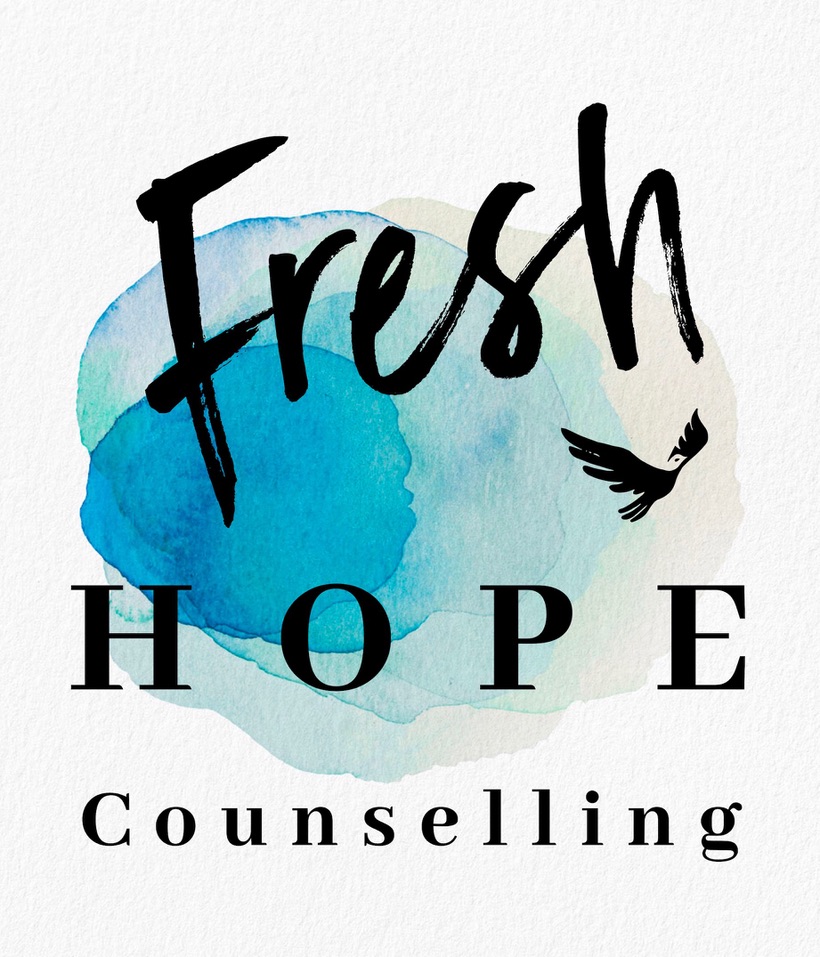Putting boundaries in place can feel like you are being rude but they are actually a self-protective, defensive move. Sometimes we need to put  a boundary or limit into place in order to preserve a relationship or transform one into a more healthy relationship.
a boundary or limit into place in order to preserve a relationship or transform one into a more healthy relationship.
“What is the difference between a wall and a boundary?” That’s a good question! A wall keeps people out completely — it’s solid and permanent. A boundary is more like a fence around our property that has a gate. Boundaries are permeable and allow a person to open and close the gate as they choose to. It helps to mark and identify where your ‘lot’ is — where you start and end. The boundary represents this and allows you to invite the people you want to come into your life, and also choose when they come and go and for how long.
Here are some helpful things to know about boundaries:
- Boundaries may feel wrong when we first put them into place. That is because it might be a foreign behaviour for us to put boundaries down. Foreign doesn’t mean wrong it just means that we aren’t used to something. You may even experience some false guilt when you put a boundary into place. False guilt is exactly that — it is when we feel bad but haven’t actually done anything wrong. False guilt is a burden that needs to be released in order for a person to be mentally and emotionally well.
- We might face some resistance. Some ‘boundary busters’ will not like us putting boundaries into place, especially with them! This does not mean you stop or you don’t do it — it just means that you need to expect some potential pushback or resistance from that person. It means that the boundary buster is no longer getting what they once were getting from you by running over your boundaries.
 This can be something as simple as having a friend who does not listen to you when you say no. They might not like you putting boundaries in place to correct this but they will end up having to do something different if they want to continue spending time with you. If you start dancing a different dance step it ends up making your dance partner do something different — it facilitates change.
This can be something as simple as having a friend who does not listen to you when you say no. They might not like you putting boundaries in place to correct this but they will end up having to do something different if they want to continue spending time with you. If you start dancing a different dance step it ends up making your dance partner do something different — it facilitates change. - Keep your motive in mind. You are not trying to offend but to self-protect. Your intention is to help the relationship become sustainable and better. The boundary is actually serving to put an end to some form of violation. If you no longer feel invalidated or used by someone, you are far more likely to want to spend time with them, aren’t you? If you remind yourself that the boundary is for the good of the relationship it helps you to stay firm on making the changes.
- Boundaries aren’t selfish. Is it wrong or selfish to put a fence around your property if your neighbours tend to walk their dog over onto your front lawn to let it do its business because they don’t want the poop to be in their own yard? What if someone drives over your freshly planted grass or garden area — just because they can? Is it selfish to put up a fence to protect your property?
- Boundaries let us take ownership and responsibility for our own lot. How your garden looks is up to you if you have the proper fence and gate in place. That feels a lot better than sitting on your front stoop watching someone dig up your garden and vandalize your yard while you moan helplessly “why doesn’t someone stop them?” (Which is a really good question…)
- Boundaries can relieve resentment and improve a relationship. No one likes to be violated, especially on a repeat basis. Even if the person says sorry but continues to do the behaviour, we will tend to become resentful, maybe even hateful. The cost of that person’s continual disregard becomes toxic to us and really costs the other person nothing. It’s like that saying about drinking poison and secretly hoping the other person will die. Resentment is brutal on physical and spiritual health and it causes an erosion of intimacy in relationship.

